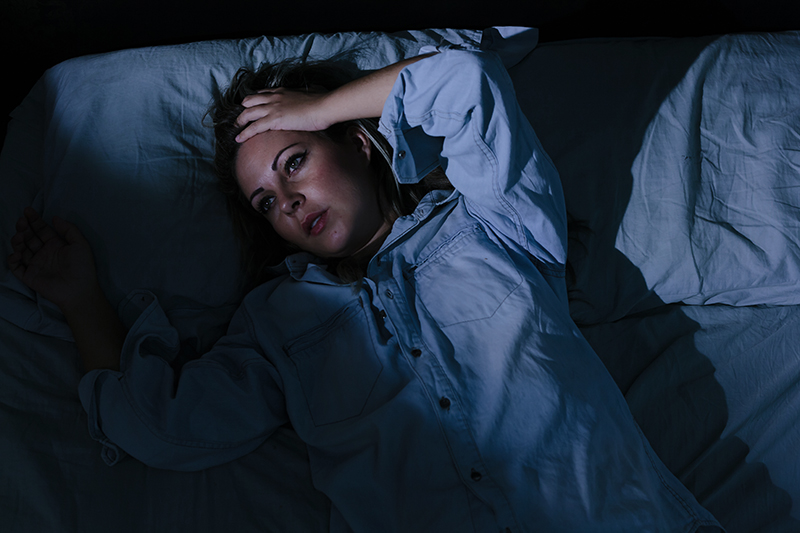Snoring
Although some people may only have snoring symptoms without any other symptoms (primary snoring), snoring is a common symptom in patients with obstructive sleep apnea, which can affect long-term physical health such as cardiovascular problems, metabolic syndrome, and others.
Sleep Apnea
This symptom, which is important in patients with obstructive sleep apnea, may be hard to notice if there are no other accompanying symptoms, such as waking up choking or suddenly waking up to gasp for air, especially if the patient sleeps alone without anyone to observe.
Nocturnal Urination
Although this symptom is often found in diabetic patients, it can also be found in patients with obstructive sleep apnea. It is believed that it may be caused by an increase in heart pumping blood after the patient stops breathing, which is one of the responses during such times (bradycardia-tachycardia), resulting in increased blood flow to the kidneys and thus increasing the volume of urine in the bladder during sleep. At the same time, obstructive sleep apnea also causes patients to not sleep deeply enough, thus making patients more aware of the urge to urinate.
Morning Headache
Patients with hypoventilation during sleep will not be able to exhale carbon dioxide from their bodies sufficiently, causing the blood vessels in the brain to dilate from respiratory acidosis, resulting in headaches, which are more apparent in the morning.
Restless Legs
Found in patients with Restless Leg Syndrome, where patients in this group will have an abnormal feeling in their legs that makes them move to alleviate the symptoms. These symptoms often occur in the evening and can be found in patients with iron deficiency, during pregnancy, chronic renal failure, and other diseases.
Periodic Limb Movement During Sleep
This symptom is nonspecific and can be found in patients with Restless Leg Syndrome, Narcolepsy, Obstructive Sleep Apnea, and other diseases.
Excessive Daytime Sleepiness
This is a very important symptom that requires prompt investigation and treatment, as it may lead to accidents from driving vehicles or from working. Generally, this symptom can be found in any condition that causes patients to not have enough or sufficiently deep sleep (sleep fragmentation), which can occur in various diseases such as insomnia, obstructive sleep apnea, narcolepsy, and others.
Cognitive Dysfunctions
Patients who do not get enough sleep or have sleep problems may affect brain function, including both short-term and long-term memory if not treated promptly.
Miscellaneous (Others)

